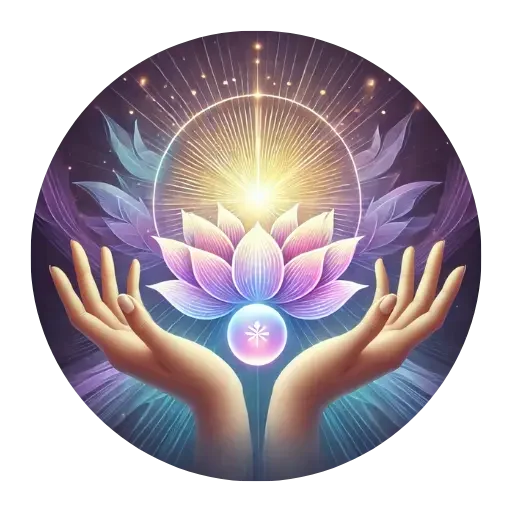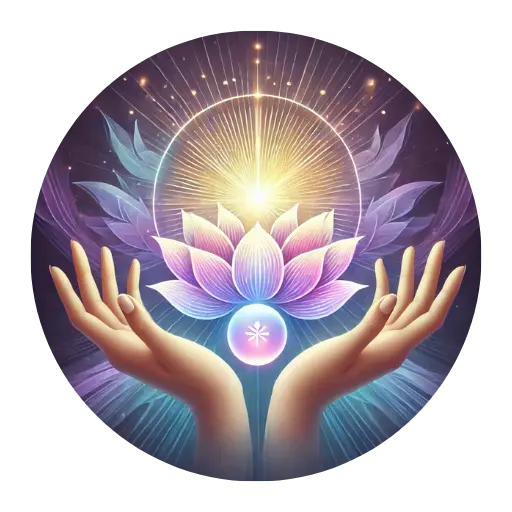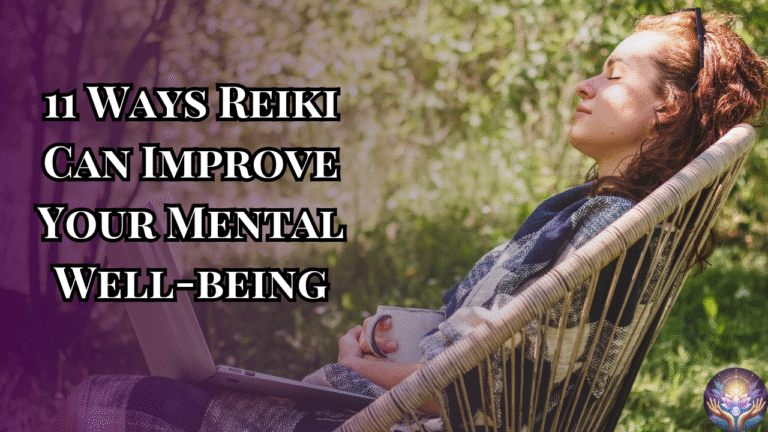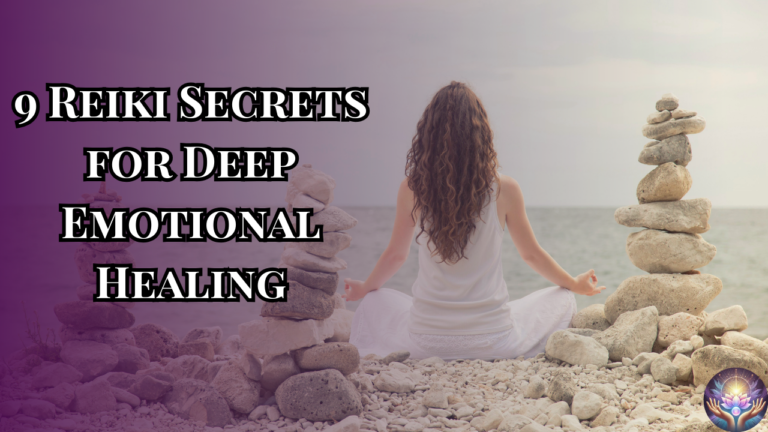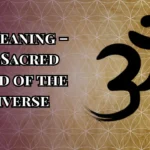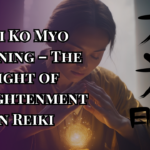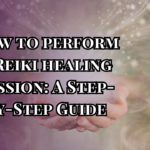Reiki, an ancient energy healing practice, has gained popularity for its ability to promote relaxation, reduce stress, and support emotional well-being. However, a critical question often arises: Can Reiki cure anything? The answer is straightforward—Reiki is not a cure for diseases or medical conditions. Instead, it serves as a complementary therapy that aids the body’s natural healing processes. This article explores Reiki’s healing abilities, its limitations, and how it fits into a holistic approach to health.
Reiki Healing Abilities: What Can It Do?
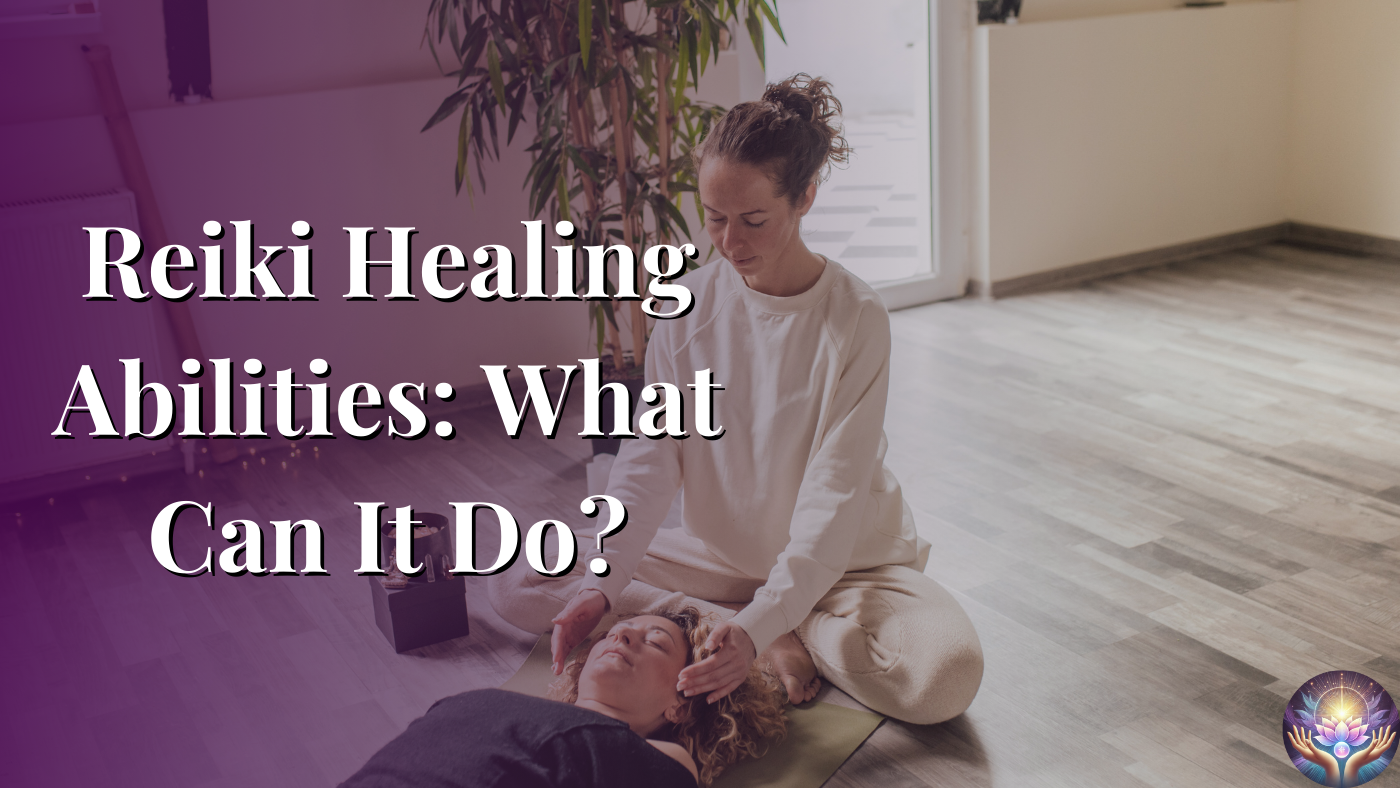
Reiki is often misunderstood, with some expecting it to work as a standalone cure for illnesses. Here’s what Reiki therapy benefits are actually capable of:
1. Stress and Anxiety Relief
One of the most widely recognized Reiki healing abilities is its capacity to reduce stress and anxiety. By calming the nervous system, Reiki helps individuals manage emotional and physical tension effectively.
2. Emotional Healing
Reiki promotes emotional balance, helping individuals release emotional blockages and recover from trauma. While it supports emotional healing, it’s essential to note that Reiki does not cure mental health conditions like depression or PTSD; it complements traditional therapies.
3. Pain Relief
Reiki therapy benefits those dealing with mild to moderate discomfort, such as headaches, chronic back pain, or tension in the body. However, it cannot replace medical interventions required for serious injuries or chronic illnesses.
4. Improved Quality of Life
Many people use Reiki as part of their holistic healing practices to enhance their overall quality of life. Its calming and grounding effects make it an excellent complement to conventional treatments.
Why Reiki Cannot Cure Diseases
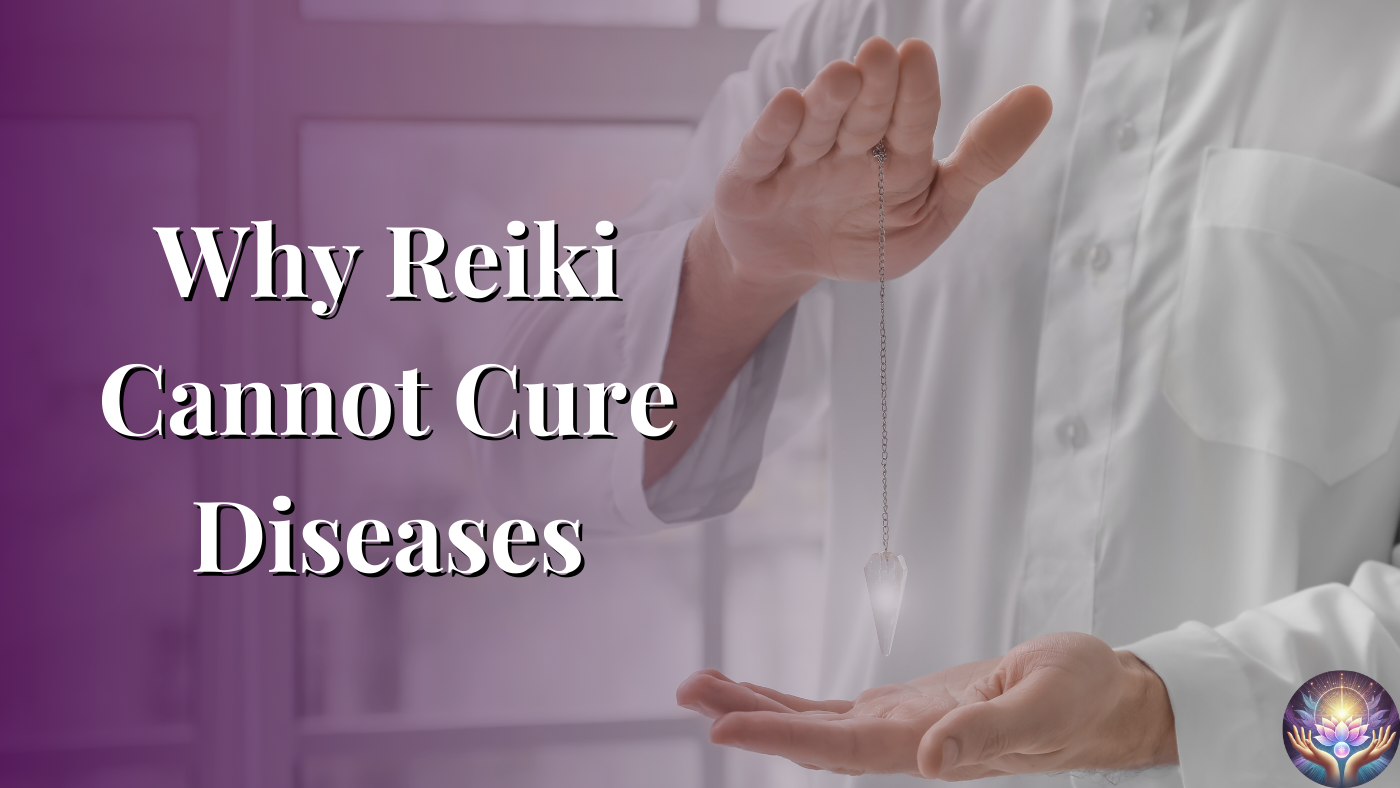
1. Lack of Scientific Evidence
Scientific studies on Reiki often highlight its benefits in stress reduction, relaxation, and emotional support. However, there is no substantial evidence to prove that Reiki cures diseases or physical ailments.
For example:
- A 2022 review of 26 studies found that Reiki significantly reduced stress and anxiety, but there was no evidence of it curing medical conditions.
- A 2024 study on cancer patients reported that Reiki helped manage fatigue and pain but did not alter the disease’s progression.
2. Complementary, Not Curative
Reiki is classified as a complementary therapy. It works on the subtle energy level, encouraging balance in the body, mind, and spirit. It is not designed to replace essential treatments like medications, surgeries, or therapies.
3. Misconceptions About Reiki Healing Abilities
Some practitioners claim that Reiki can cure chronic illnesses or serious conditions like cancer and diabetes. These exaggerated claims are misleading and can prevent people from seeking appropriate medical care. Always consult licensed healthcare professionals for accurate advice.
Reiki and Chronic Illness: A Supportive Approach
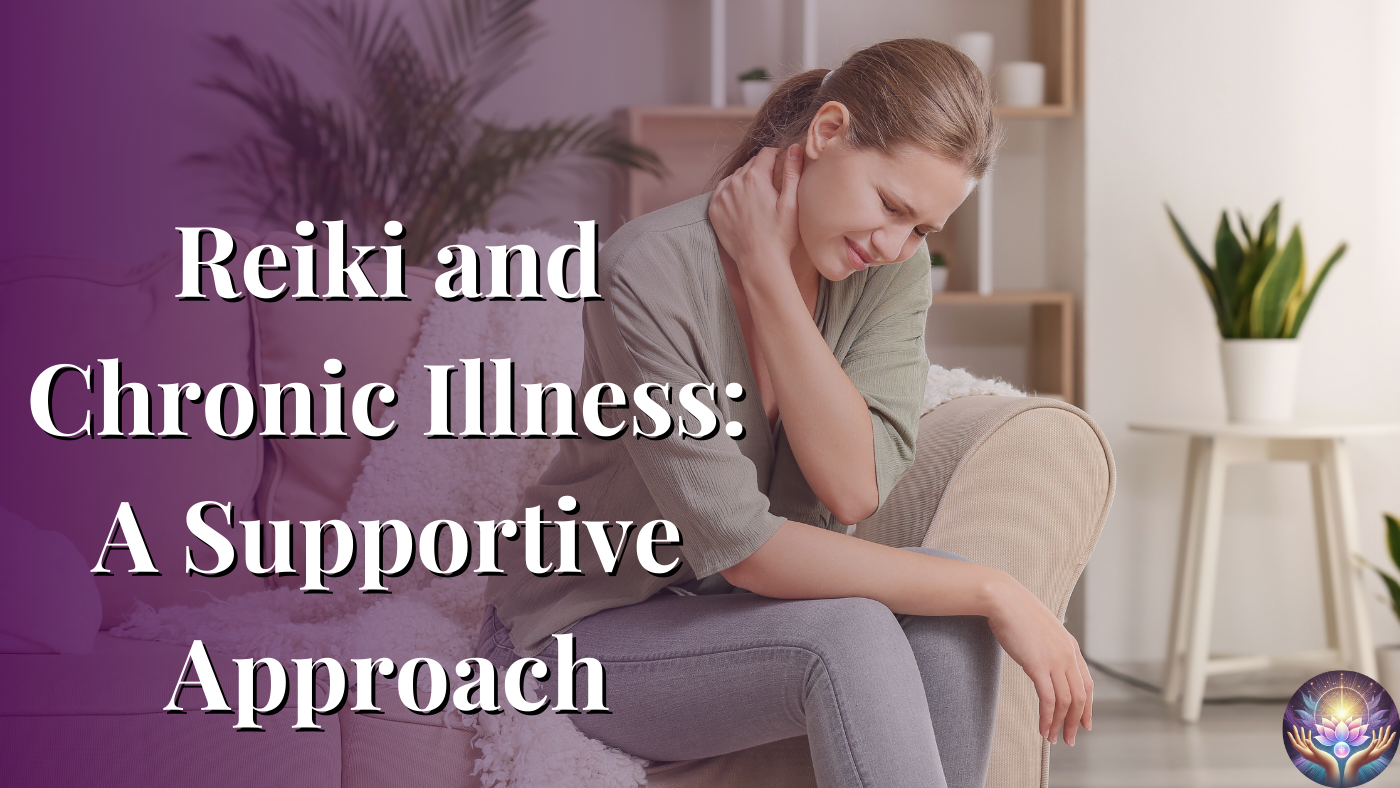
Although Reiki cannot cure chronic illnesses, it offers significant support by enhancing well-being and easing the emotional burden of managing long-term conditions.
How Reiki Therapy Benefits People with Chronic Illnesses:
- Manages Stress: Chronic conditions often bring emotional and physical stress. Reiki reduces stress, enabling patients to cope better.
- Supports Recovery: While it doesn’t treat diseases, Reiki can promote a sense of calm that supports the recovery process.
- Enhances Emotional Resilience: Reiki helps individuals manage the psychological toll of living with chronic conditions.
Myths and Misconceptions About Reiki
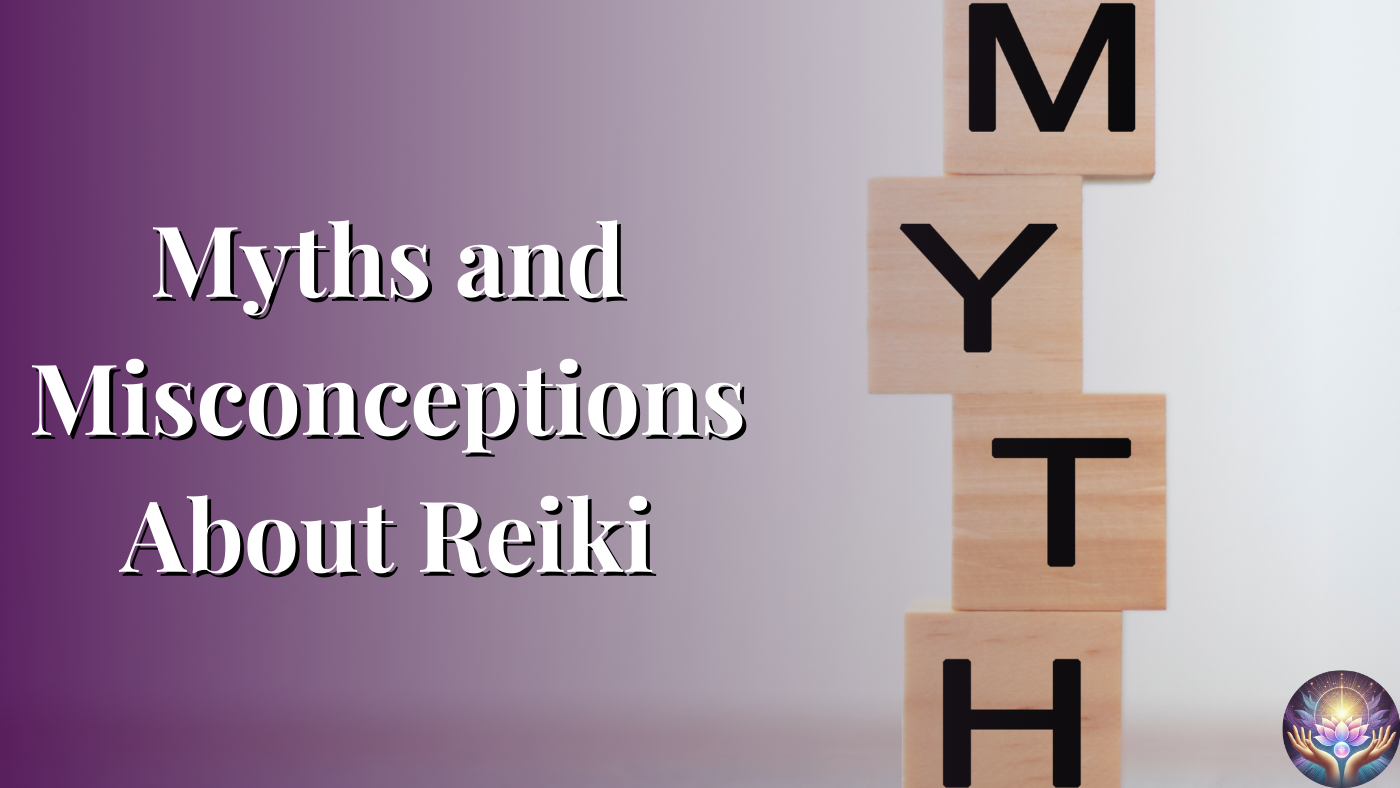
1. “Reiki Cures Diseases”
This is the most common myth surrounding Reiki. While it supports well-being and healing, it cannot replace medical treatments for illnesses.
2. “Reiki is a Quick Fix”
Some people believe that a single Reiki session will resolve all their physical and emotional issues. In reality, Reiki works gradually and is most effective when used consistently over time.
3. “Medical Treatment is Unnecessary with Reiki”
This misconception can be dangerous. Reiki complements medical treatments and should never be seen as a replacement for professional care.
Integrating Reiki into Holistic Healing
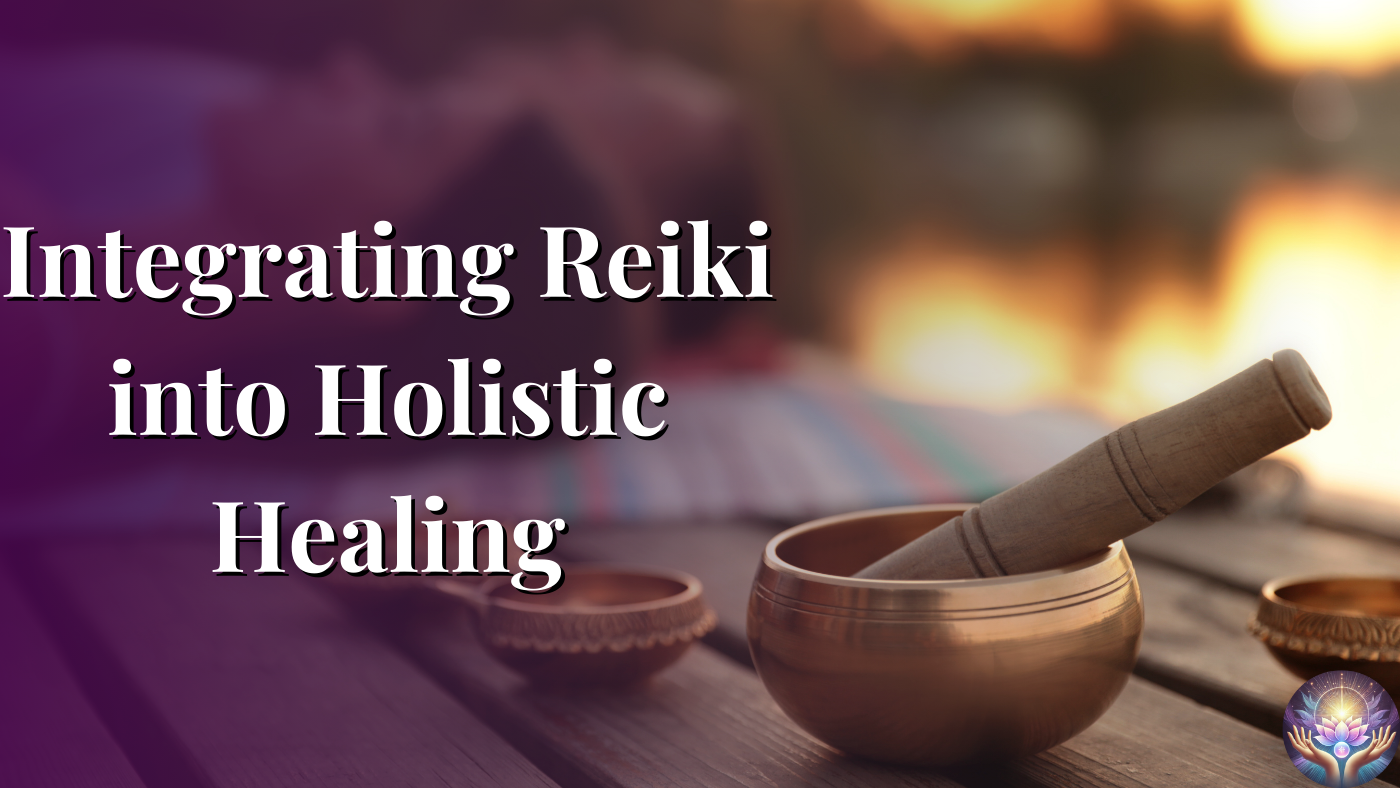
Reiki is most effective when integrated into a holistic approach to health that includes medical treatments, lifestyle changes, and mental health support.
1. As a Complement to Medical Treatments
Reiki can reduce stress and promote relaxation, enhancing the effectiveness of medical treatments like physical therapy, chemotherapy, or medication.
2. Supporting Emotional and Mental Health
Reiki’s calming effects make it a valuable tool for managing mental health conditions. It works well alongside therapy, mindfulness, and other mental health practices.
3. Enhancing Lifestyle Changes
Incorporating Reiki into a wellness routine that includes exercise, a healthy diet, and mindfulness can improve overall well-being and help maintain balance.
FAQs About Reiki Healing Abilities
1. Can Reiki cure physical illnesses?
No, Reiki does not cure physical illnesses. It supports relaxation and stress reduction, which can aid the body’s natural healing process.
2. Is Reiki effective for chronic conditions?
Reiki cannot treat chronic conditions directly, but it helps manage stress, improve emotional resilience, and enhance the overall quality of life.
3. Can Reiki replace medical treatments?
No, Reiki should not be used as a substitute for medical treatments. It works as a complementary therapy alongside conventional medicine.
4. How does Reiki help if it doesn’t cure anything?
Reiki promotes emotional balance, reduces stress, and supports relaxation, which enhances the body’s ability to recover and maintain well-being.
Conclusion
So, can Reiki cure anything? The answer is no. Reiki is not a cure for diseases or medical conditions. Instead, it plays a supportive role in holistic healing by reducing stress, promoting relaxation, and enhancing emotional well-being. When used alongside traditional medical treatments, Reiki can significantly improve quality of life and help individuals navigate physical and emotional challenges. By integrating Reiki into a balanced wellness routine, you can harness its benefits to support your body’s natural healing processes. While Reiki is not a cure-all, its ability to foster peace and balance makes it a powerful addition to your self-care journey. Always work with licensed professionals for both Reiki and medical care to ensure safe and effective results.
